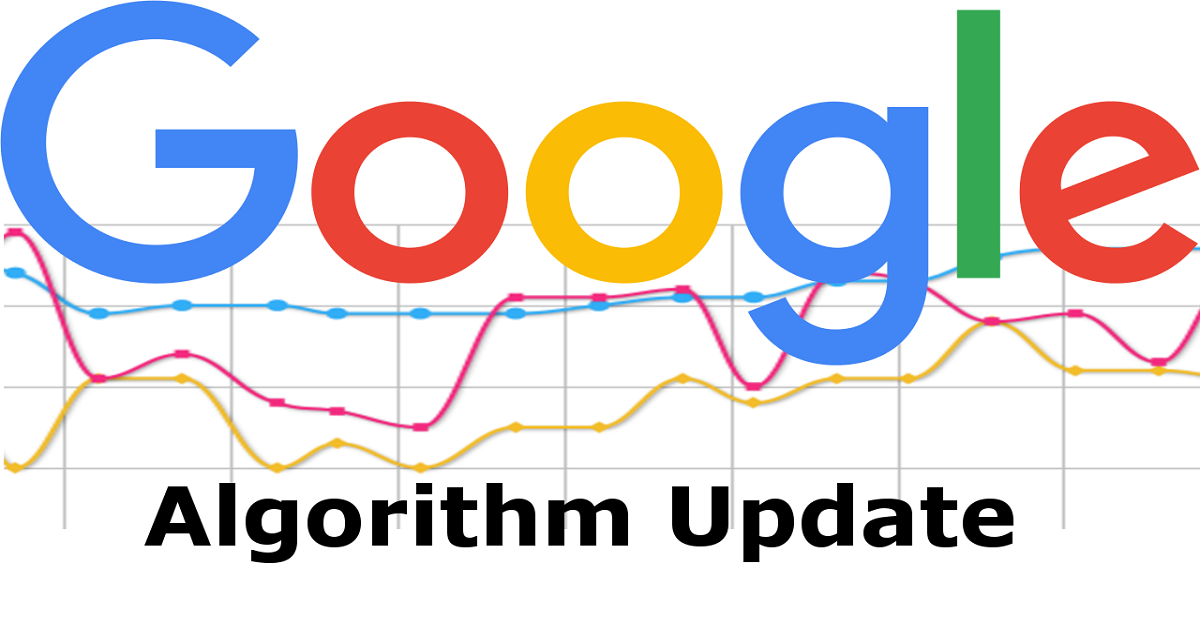13 Google Algorithms and their Updates
These algorithms decide whether your website or blog posts will rank first or last in the search results. They can make your business prosper or lead to its loss if its SEO is penalized.
Most popular Google Algorithms
Caffeine
Panda
Top Heavy
Penguin
Pirate
Exact Match Domain
Payday
Hummingbird
Pigeon
Mobile Friendly
Rankbrain
Quality or Phantom
Google doubles the length of descriptions
1 – Caffeine
Deployed in June 2010, Caffeine is a redesign of Google’s indexing system. The Caffeine algorithm allows you to crawl and then index a page instantly. Before the implementation of this algorithm, Google could index a set of pages, only after extracting, analyzing and understanding its contents.
2 – Panda
The Panda algorithm is a search filter; introduced for the first time in February 2011, it penalizes the referencing of websites whose content is of low quality. Panda essentially aims to fight against content sites, created solely for SEO and spam.

3 – Top Heavy – Excess Advertising
Top Heavy algorithm was deployed in January 2012, to penalize the referencing of sites unusually overloaded in advertisements, especially above the waterline.
However, this minor update had only a 1% impact on search results.
4 – Penguin – Penguin
The Penguin algorithm is the bane of webmasters, each update was very strongly discussed on the web and caused waves of panic and questioning on social networks. Experts will be able to confirm, with each fluctuation of the SERP, the SEO community panicked fearing a new update of the algorithm.
5 – Pirate
The Pirate algorithm is a search filter, deployed in August 2012. It aims to remove pages from search results, sites that have received complaints of copyright infringement, sent via Google’s DMCA system.
6 – Exact Match Domain (EMD) – Exact Match to Domain Name
The Exact Match Domain algorithm was deployed in September 2012. It prevents low-quality sites from being referenced in the first search results, simply because their domain name matches a query that users are looking for.
7 – Payday
This algorithm was deployed in June 2013. It aims to improve the quality of search pages by removing the results for queries highly assimilated to spam (online gaming sites, adult content, credits, counterfeiting …).
8 – Hummingbird – Hummingbird
Hummingbird was deployed in September 2013. This algorithm is one of Google’s most important: it has had a strong impact on the way we formulate our research. Google chose to name this algorithm Hummingbird (hummingbird in French) because thanks to him, the search became precise and fast.
9 – Pigeon
The Pigeon algorithm was deployed in July 2014, in the United States and in June 2015 internationally. This algorithm favors local search results to provide more accurate solutions to user queries. The changes made by this algorithm are visible on Google and Google Maps.
10 – Mobile Friendly – Mobile Compatibility
On April 21, 2015, Google rolled out its Mobile friendly algorithm that favors referencing mobile-friendly websites. This algorithm had an even greater impact than those of Penguin or Panda and it was even renamed “mobilegeddon” by some SEO experts: the Armageddon of mobile compatibility.
11 – Rankbrain
Rankbrain, launched in early 2015, is actually part of the Hummingbird search algorithm.
Rankbrain is rather particular and mysterious because it would be an artificial intelligence that would be able to understand the meaning of similar queries, but formulated differently.
12 – Quality or Phantom
In May 2015, the SEO planet was panicking because many webmasters noticed significant changes in the SERPs. However, when members of the Google team, in charge of the quality of search engines, had been arrested on Twitter (as is very often the case), they replied that they had no stake to announce.
13 – Google doubles the length of descriptions
In November 2017, Google doubled the number of characters displayed in the result descriptions from a limit of 160 characters to a limit of 320 characters.
With this update, Google continues to promote complete sentences and descriptions that contain enough information to provide context to readers. It is possible that the search engine does not take into account your meta-description tag and cut or complete some descriptions.
Best SEO Services in Lahore: Visit site

